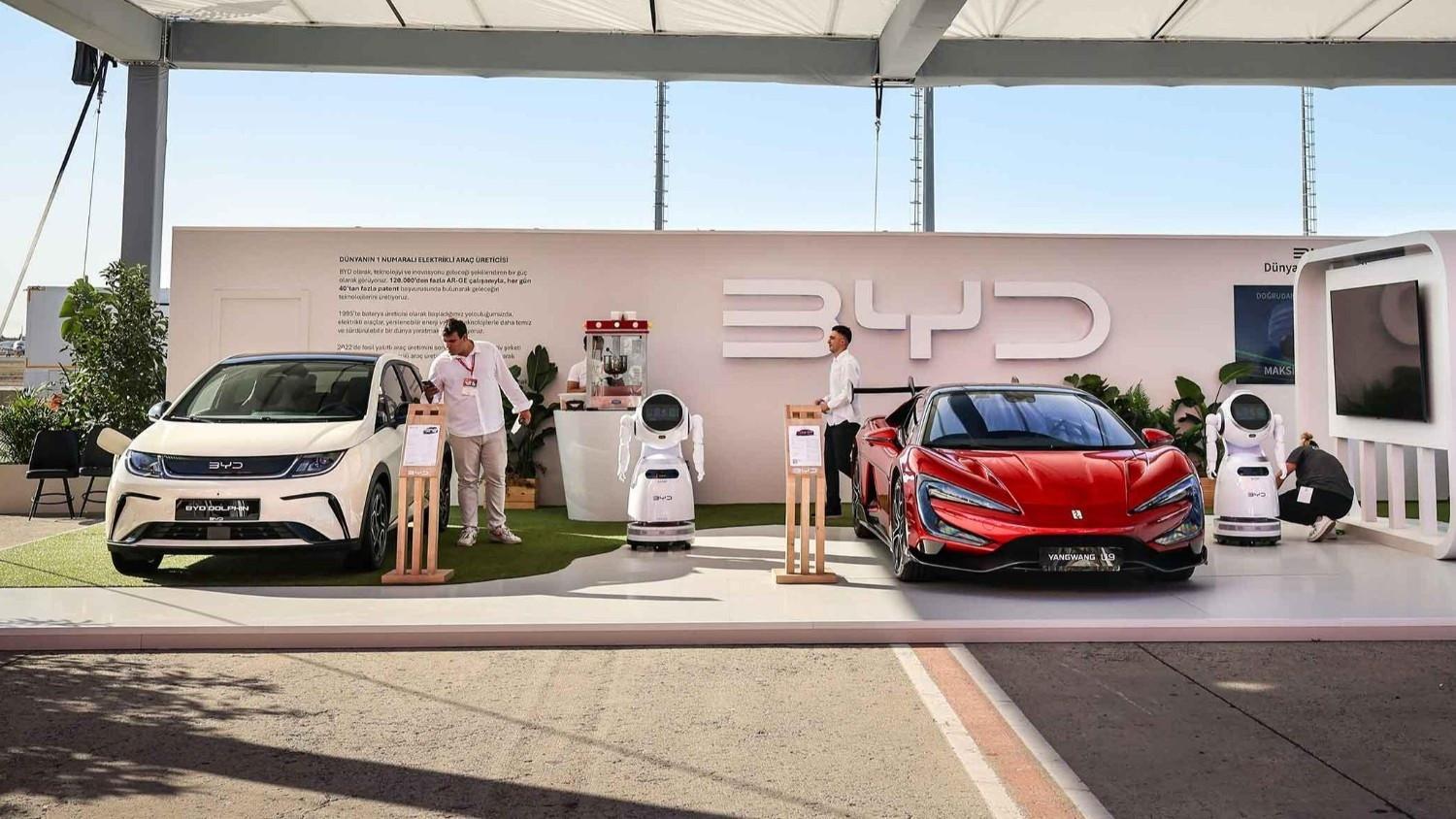
Türkiye’s new customs standards in the automotive sector have brought struggling Chinese manufacturers back into play.
The overall tax burden on vehicles imported from non-EU and non-FTA countries has been reduced from 60 percent to 35 percent, immediately prompting Chinese brands to announce price cuts of up to 300,000 Turkish Liras.
While this move appears positive for consumers, it also raises concerns about Türkiye’s current account deficit, the influx of higher-emission vehicles and the competitiveness of existing investments.
Before the change, Chinese automakers were struggling to maintain their presence in Türkiye under the heavy 60 percent tariff. Now, with the reduced 35 percent duty, they can re-enter the market more aggressively. Several brands have already launched discounts and limited campaigns, signaling a renewed push to regain lost ground.
The decision has given Chinese companies, which had been rapidly losing market share, a much-needed lifeline. Yet it also runs counter to Türkiye’s stated goals of reducing its current account deficit and supporting local and incentivized investments, such as BYD’s.
Moreover, due to restrictions on importing electric vehicles from outside the EU and FTA countries, the change is expected to result in more gasoline-powered cars entering the Turkish market.
The only potential upside for Türkiye may be the revival of long-stalled investment talks with manufacturers such as Chery and SAIC.
The new tariff regime could expedite long-delayed investment decisions by Chinese automakers, as previous high duties strained relations with Beijing and prompted disputes at the World Trade Organization (WTO). With the new standard system, companies like Chery and SAIC may revisit their plans to establish a presence in Türkiye.
Consumers are also set to benefit. The immediate price cuts suggest that Chinese brands will now be able to offer more affordable vehicles, including smaller and more economical models that were previously unviable under the higher tariff structure.
Despite official claims that the new tariffs are part of efforts to reduce the current account deficit, the lower tax burden on Chinese imports is likely to increase the number of vehicles entering from China.
Another concern is environmental. Because of Türkiye’s regulations on electric vehicles, it is nearly impossible to import EVs and plug-in hybrids from outside the EU and FTA countries. This means that, apart from BYD, most Chinese brands will focus on gasoline and diesel models, raising carbon emissions. The same loophole could also open the door to similar imports from the United States.
Finally, the competitiveness of local and investing manufacturers is at risk. Companies with production facilities in Türkiye, such as Toyota, Fiat and Renault, as well as BYD with its planned investment, may face renewed pressure as cheaper Chinese imports erode their market share.